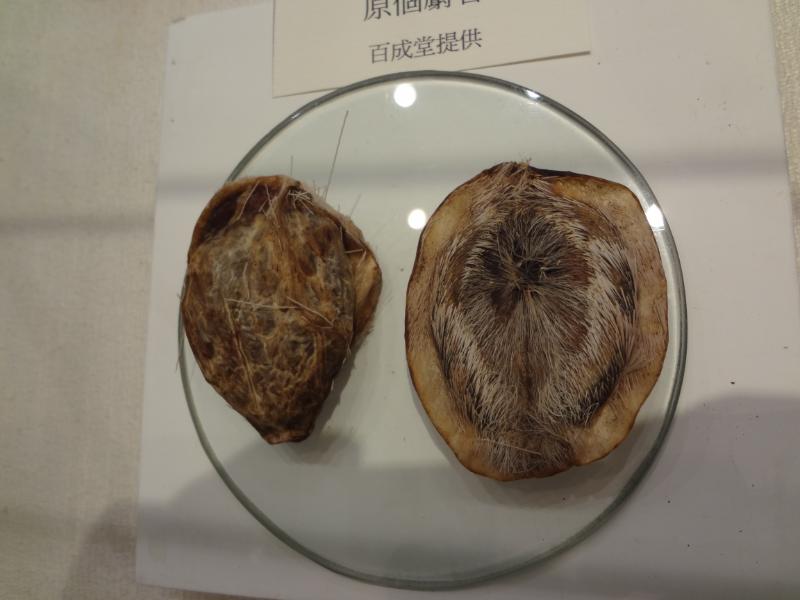Search in medicinals
Moschus
Musk
麝香 〔麝香〕 shè xiāng

Alternate Chinese names: 麝脐香 shè qí xiāng; 香麝子 xiāng shè zǐ; 脐香 qí xiāng; 元寸香 yuán cùn xiāng
Kingdom: Animal
Origin in PRC Pharmacopoeia: Moschus berezovskii Flerov; Moschus moschiferus L.; Moschus sifanicus Przewalski. (PRC Pharmacopoeia)
Origin in unofficial sources: Moschus berezovskii Flerov; Moschus moschiferus L.; Moschus sifanicus Przewalski
Use: Medicinal
Category: Orifice-opening agents
Properties: Acrid; warm.
Channel entry: Heart, liver, and spleen channels.
Actions and indications:
- Opens the orifices and arouses the spirit: Block patterns with clouded spirit.
- Quickens the blood and disperses binds; disperses swelling and relieves pain: Toxin swelling of
sore s; painful swollen throat; injury from knocks and falls; amenorrhea due to blood stasis;concretions and conglomerations . - Relieves pain: Fulminant pain in the heart region and abdomen; injury from knocks and falls; wind-cold-damp impediment.
- Hastens delivery: Difficult delivery; death in utero;
retention of the placenta .
Dosage and method: Oral: 0.06–0.1g in pills or powders; it is not suitable for decoction. It may also be used topically for injury from knocks and falls.
Warnings: Contraindicated in pregnancy. The musk deer that produce this substance are endangered and listed by the Convention on International Trade in Endangered Species of Wild Flora and Fauna (CITES). Musk from farmed animals is also sold on the market, and a synthetic alternative is available. Musk is harvested from farmed animals under anesthesia and is a scarce but sustainable substance. However, poaching of wild musk deer remains a significant problem, and the farmed and wild products are not easily differentiated. Therefore, use of the natural product is strongly discouraged unless a farmed source can be verified. Many practitioners thus opt to use the synthetic form, and almost all commercially produced plasters and other products contain the synthetic product exclusively.
Product description: The gland is elliptical or spheroid, 3–7 cm in diameter. On the side that opens, it is flat, with short dense white or brown hairs in spiral array, with a small hole in the center, about 2–3 mm in diameter. The hair may be removed to reveal a leathery, brown skin. The other side has a brown-black skin and no hair. When cut open with a knife, the cross section shows a semitranslucent silvery outer skin and a reddish-brown inner skin. Inside is a soft granular or powdery substance with an unusual smell. It is ground to a fine powder before use.
Quality: Soft oily musk with a strong scent is the best.
Production area: Manchuria, northern China, Shǎnxī (Shaanxi), Gānsū, Qīnghǎi, Xīnjiāng, Sìchuān, Tibet, Yúnnán, Guìzhōu, Guǎngxī, Húběi, Hénán, and ānhuī.
Etymology: The name shè xiāng 麝香, literally musk deer aroma,
describes the scent of this product. The character shè 麝 is composed of the radical 鹿 (lù), deer, over 射 (shè), to shoot, the latter element reflect the scent's power to shoot afar.